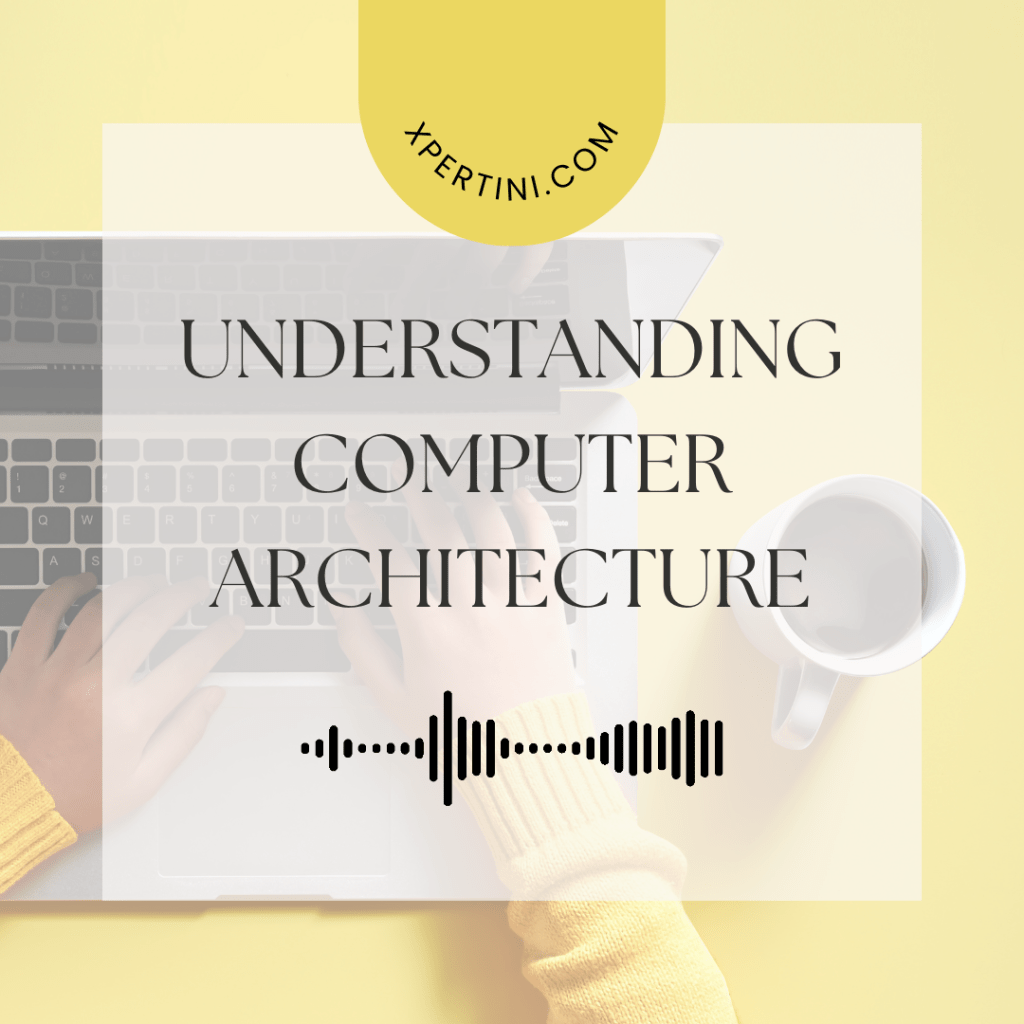Understanding Computer Architecture
Course Summary
In this comprehensive course on computer architecture, understand the complexities that define structure and functionality of computer systems. Delve into the history of computer architecture, tracing its evolution from early calculating machines to the sophisticated processors of today.
Begin with a foundational exploration of the key components that constitute computer systems — the CPU, memory, and input/output systems. Break down complex concepts into accessible frameworks, gaining insights into their roles within the overarching architecture. Understand the crucial interplay between these components, a testament to the seamless orchestration required for effective computing.
Move on to Instruction Set Architecture (ISA), decoding the language through which computers communicate and execute commands. Analyze diverse ISA models, grasping the subtleties that shape their functionalities. Traverse through the diverse landscape of processor designs, exploring pipelining and parallel processing, essential elements that propel computational efficiency.
Ascend the hierarchy of memory systems, understanding the role of cache memory in optimizing system performance. Grapple with the challenges posed by memory management and hierarchies, and comprehend strategies for efficient data storage and retrieval.
Navigate the architecture of Input/Output (I/O) systems, where the dance of data flow unfolds between the computer and external devices. From interface design principles to communication protocols, uncover the mechanisms that facilitate seamless interaction in this choreographed exchange of information.
Venture into parallel processing, dissecting architectures that revolutionize computational paradigms. Examine real-world applications and confront the challenges inherent in implementing and scaling parallel processing systems. Discover strategies that mitigate obstacles, ensuring optimal performance and efficiency.
Explore emerging trends that shape the future of computer architecture, from quantum computing to other groundbreaking technologies. Gain insights into the landscape of this field, where staying abreast of innovations is integral to professional growth.
Conclude with a pragmatic exploration of career opportunities within computer architecture. Acquire guidance on building a successful career, understanding the interdisciplinary nature of roles and the evolving demands of the industry.
This course is a doorway into the multifaceted world of computer architecture, offering an understanding of its historical roots, current trends, and future trajectories. As you traverse through each lesson, you will uncover the layers of complexity inherent in computing systems, equipping yourself with the knowledge to navigate this with confidence and proficiency.
Course Overview
This course provides a comprehensive understanding of computer architecture, a foundational aspect of computer science. Participants will explore the core principles and structures that define the design of modern computing systems. Through a combination of theoretical knowledge and practical applications, this course aims to equip individuals with the essential skills to pursue a career in computer architecture or enhance their existing knowledge in the field.
Course Objectives
Understand the fundamental concepts of computer architecture.
Analyze and evaluate different computer architectures.
Apply knowledge of computer architecture in real-world scenarios.
Develop critical thinking and problem-solving skills in the context of computer architecture.
Course Outcomes
Identify and explain the foundational concepts of computer architecture.
Demonstrate the significance of computer architecture in modern computing.
Apply theoretical knowledge to solve practical problems in computer architecture.
Illustrate different computer architectures and their design principles.
Analyze computer architecture concepts.
Integrate knowledge of computer architecture into broader computer science contexts.
Solve complex problems using principles learned in the course.
Demonstrate autonomy in applying computer architecture concepts.
Apply computer architecture knowledge to address real-world challenges.
Evaluate and assess the performance of computer architectures based on specific criteria.
Course Audience
Aspiring computer scientists and engineers.
Professionals seeking to deepen their understanding of computer architecture.

